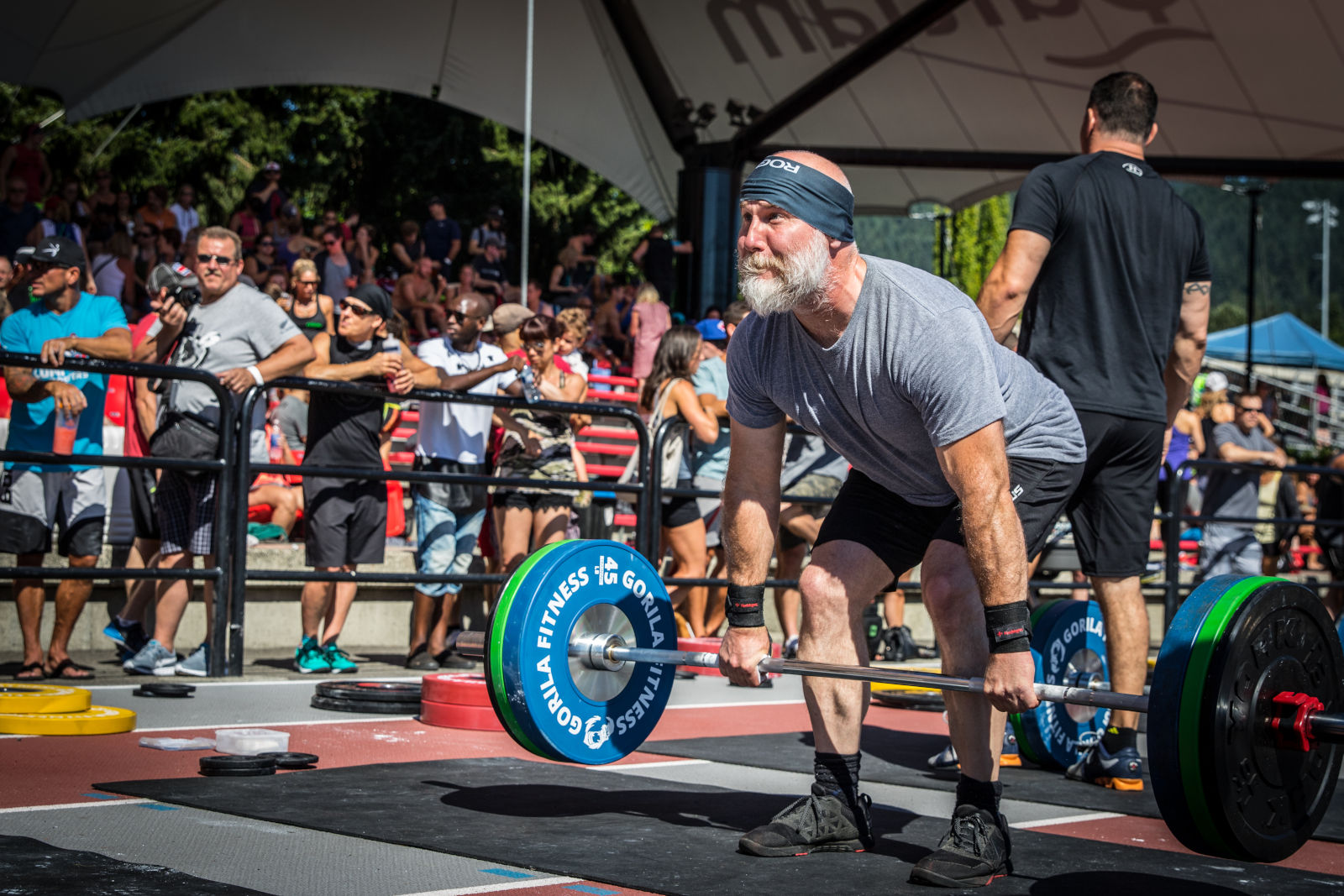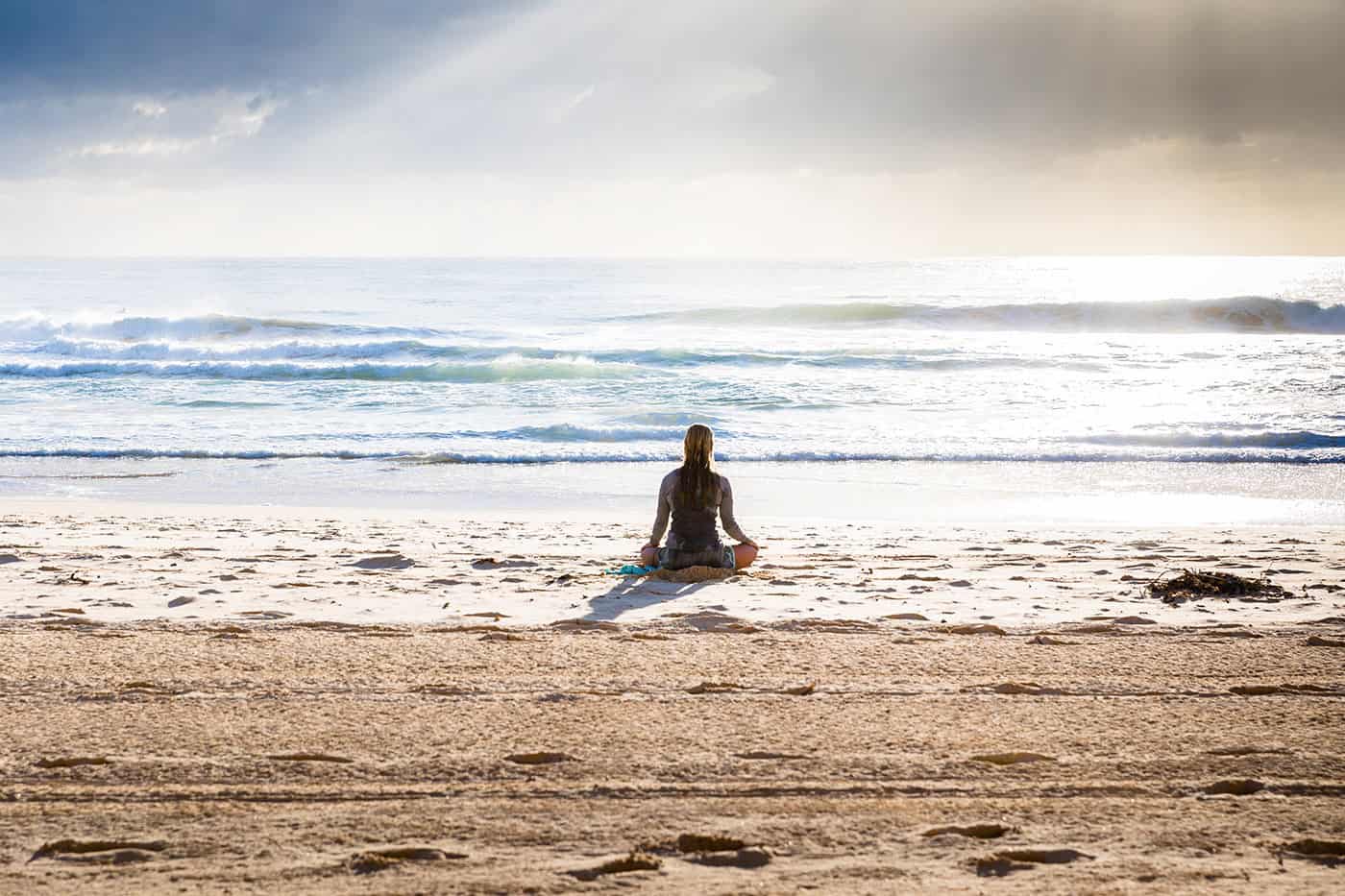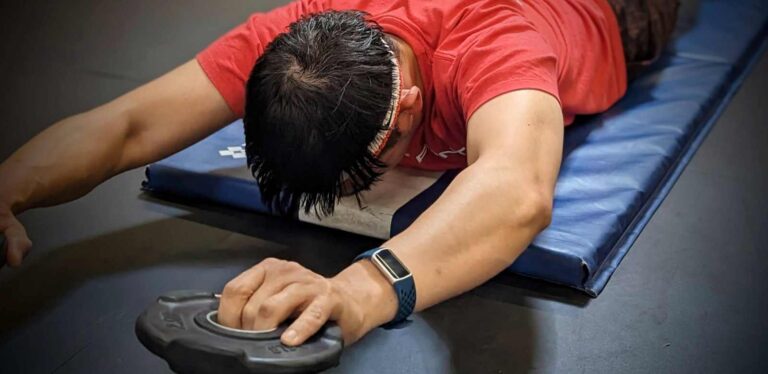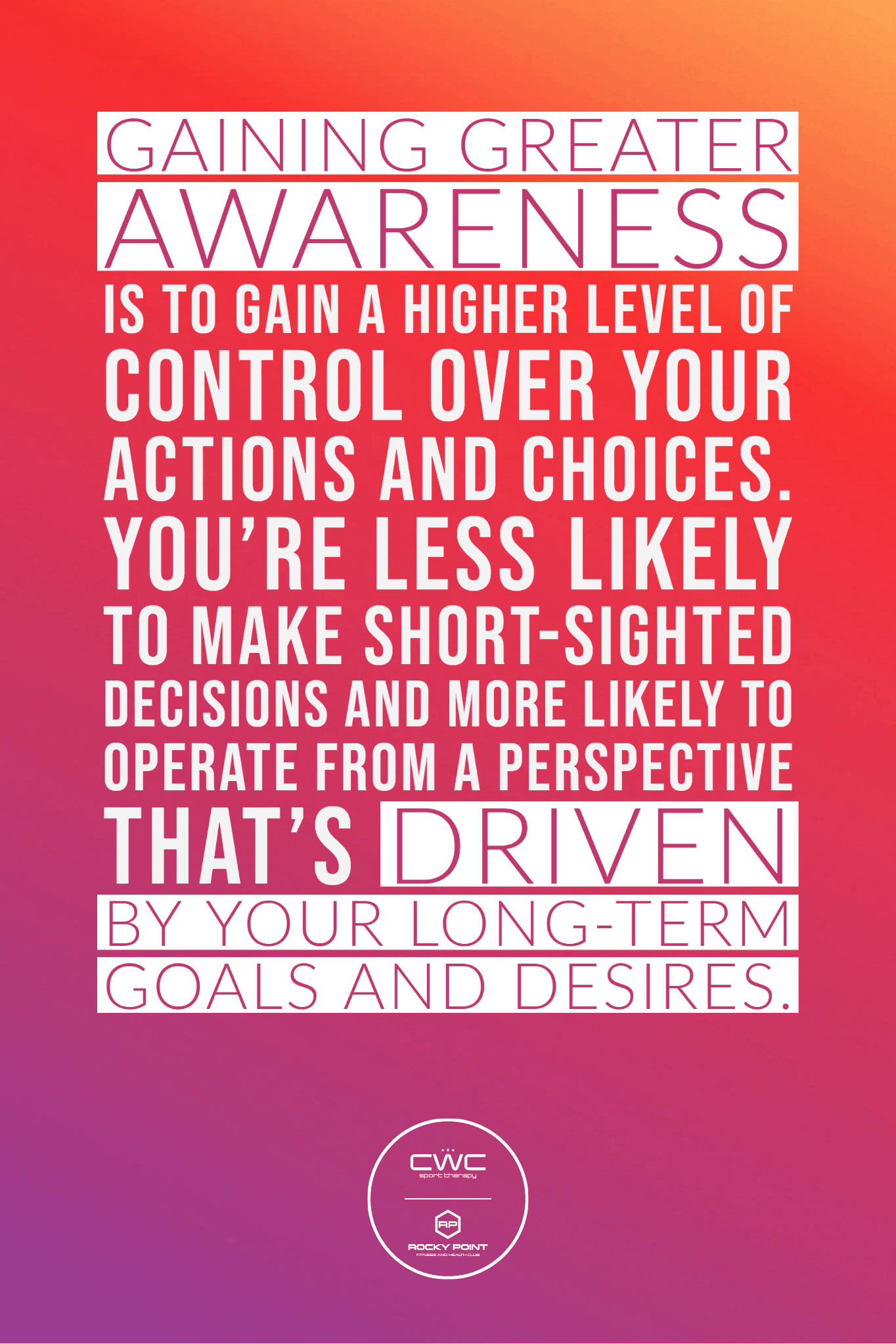The Mental and Emotional Benefits of Exercise for Older Adults
As you get older, you might notice your energy, balance, or confidence start to change. Maybe you’ve felt less steady on your feet, or perhaps daily tasks like getting up from a chair or carrying groceries feel harder than before. These are natural signs of aging—but they don’t have to limit your independence or happiness.
At Rocky Point Fitness in Coquitlam, we help older adults move with confidence through personalized workouts for seniors that improve mobility, balance, and energy—no matter your starting point.
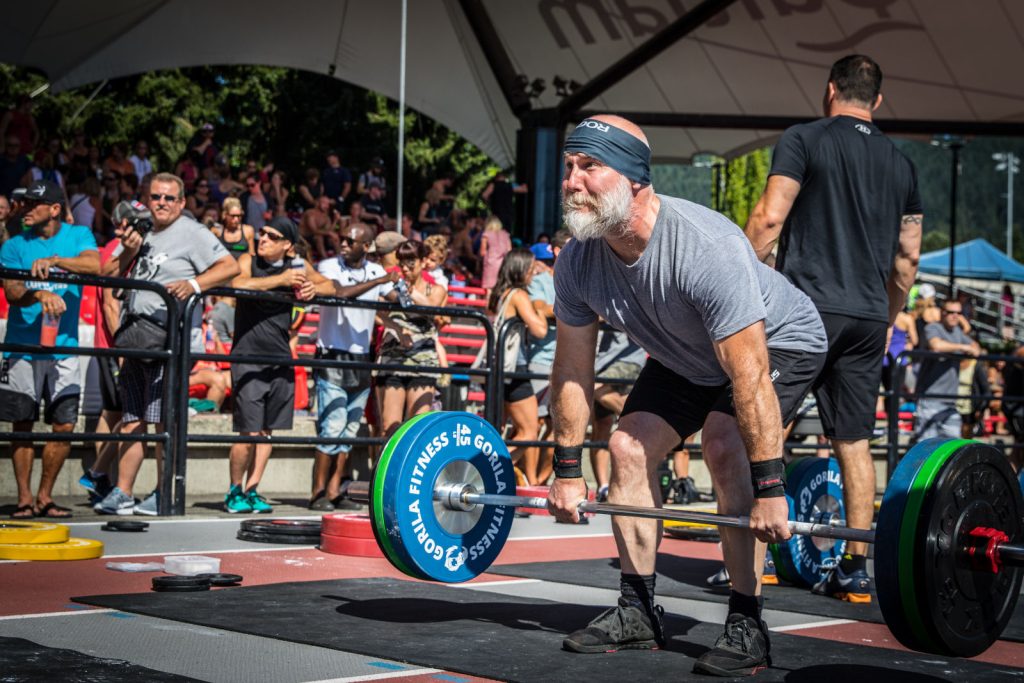
1. Exercise Boosts Brain Health and Cognitive Function
Regular activity helps keep thinking, learning, and judgment skills sharp and lowers depression and anxiety risk in older adults; aerobic exercise shows measurable improvements in global cognition in randomized trials
Physical activity increases blood flow to the brain, stimulating growth factors that protect neural connections. Even moderate-intensity workouts—like walking, resistance training, or group fitness classes—help slow cognitive decline and reduce your risk of Alzheimer’s disease.
Key benefits for brain health:
- Improved memory and attention
- Reduced risk of dementia and cognitive decline
- Faster reaction time and focus
- Better problem-solving and mood regulation
At Rocky Point Fitness, our exercise programs for older adults integrate both strength and coordination elements—two factors proven to support brain function and mental clarity.
2. Exercise Enhances Emotional Well-being and Reduces Stress
Feeling anxious, irritable, or low on motivation is common among older adults—especially after retirement or health changes. But movement is medicine for your mood.
Exercise releases endorphins, your brain’s natural “feel-good” chemicals. It also lowers cortisol (the stress hormone) and increases serotonin and dopamine, which help regulate mood and sleep.
A consistent exercise routine helps:
- Reduce symptoms of anxiety and depression
- Improve self-esteem and confidence
- Enhance sleep quality and relaxation
- Foster a greater sense of purpose and accomplishment
Whether it’s a light yoga session, a brisk walk, or a strength workout with a coach, the psychological lift you get afterward is real—and lasting.
3. Staying Active Helps Prevent Chronic Disease
Another major benefit of exercise for seniors is disease prevention. Regular movement helps protect your heart, manage blood pressure, improve blood sugar regulation, and strengthen your immune system.
Research from the CDC shows that seniors who stay active have lower risks of:
- Heart disease and stroke
- Type 2 diabetes and obesity
- Osteoporosis and bone fractures
- Cancers of the breast, colon, and lungs
- Depression and cognitive impairment
Even short bouts of exercise—10 minutes at a time—add up. Consistency is more important than intensity, especially when guided by trained professionals who understand your health needs.
4. Exercise Builds Strength, Balance, and Independence
Losing strength and coordination is one of the top reasons older adults experience falls and mobility issues. The good news? It’s reversible.
Protect your independence. While general exercise cuts fall risk by ~23% overall, balance-focused programs reduce fall rate by ~24%, and multi-component programs (balance + resistance) by ~34%. That’s real-world independence you can feel. (Find full information here)
Functional benefits include:
- Improved posture and balance
- Fewer falls and injuries
- Stronger bones and joints
- Better coordination and reaction time
At Rocky Point Fitness, our coaches specialize in helping older adults regain functional strength safely—using low-impact, scalable exercises and hands-on guidance in a supportive environment.
5. Exercise Strengthens Social Connection and Purpose
The emotional benefits of exercise go beyond the physiological. Group workouts and community fitness programs give older adults a sense of connection, accountability, and belonging.
Research shows that people who exercise in groups experience higher levels of motivation and overall happiness. At Rocky Point Fitness, you’ll find a welcoming community where encouragement, laughter, and teamwork make every session enjoyable.
Social exercise also combats loneliness—one of the biggest contributors to depression in older adults—while building lasting friendships that make fitness something to look forward to.
6. Exercise Improves Sleep and Daily Energy
Quality sleep is vital for healing, memory, and emotional balance—but many seniors struggle with insomnia or restless nights. Exercise is one of the best natural solutions.
Regular movement helps regulate your internal clock, reduce daytime fatigue, and promote deeper, more restorative sleep. You’ll wake up with more energy, clearer thinking, and a better mood.
Even gentle evening stretching or light resistance training can lead to noticeable improvements in sleep within weeks.
7. Exercise Supports Longevity and Healthy Aging
Simply put, exercise adds years to your life—and life to your years. Active older adults not only live longer, but also enjoy those years with more vitality, freedom, and happiness.
Physical activity helps preserve muscle mass, bone density, and cardiovascular efficiency, all of which contribute to exercise for longevity. A well-designed fitness routine also keeps your mind sharp, your mood positive, and your daily life fulfilling.
What Type of Exercise Is Best for Older Adults?
At Rocky Point Fitness, we design every workout to help you move, feel, and live better—not just in the gym, but in your everyday life. Our program focuses on what truly matters for senior health and fitness: building real strength, maintaining balance, and keeping your body moving pain-free and independently.
We combine smart, sustainable strength training, conditioning that builds you up without burning you out, and mobility work that supports joint health and posture. Each session is guided by professional coaches who tailor movements to your ability level, ensuring safety, consistency, and progress over time.
A Week of Fitness for Older Adults
Our programming follows a clear weekly rhythm that builds strength, endurance, and confidence while allowing proper recovery:
- 5 Days of Conditioning: Workouts range from short, focused intervals to longer, steady sessions that boost cardiovascular endurance. On strength days, conditioning is shorter and pairs with lifting for a balanced approach.
- 3 Days of Strength Training: Foundational lifts—squats, presses, hinges, and pulls—develop both absolute and functional strength through simple, effective progressions.
- 1 Long & Steady Session: Once a week, you’ll train your aerobic system with 30–40 minutes of continuous, sustainable effort that supports recovery and longevity.
- Mobility Built In: Every class includes guided prep and mobility work, improving how your joints move so you can stay active and pain-free.
- Optional Accessory Work: For those who want a little extra, we offer optional sessions for building muscle, refining skills, or supporting specific goals.
Every movement we teach is functional, safe, and scalable—meaning it transfers directly to your daily life, meets you where you are, and progresses as you get stronger.
This structured approach makes our program ideal for exercise for older adults who want results that last—a stronger body, a sharper mind, and a lifestyle of independence and confidence.
FAQs: Exercise and Senior Health
1. How often should older adults exercise?
Aim for at least 3-5x of moderate-intensity activity (like conditioning training or weight lifting), along with two sessions focused on mobility and balance.
2. Is exercise safe for seniors with arthritis or chronic pain?
Yes—For older adults, physical activity is the only thing proven to delay progression of arthritis and help prevent or delay heart disease, stroke, type 2 diabetes, and supports a healthy weight—key pillars of exercise for longevity.
3. Can exercise really improve memory and brain health?
Absolutely. Regular exercise increases blood flow and oxygen to the brain, supporting memory and reducing the risk of dementia.
4. What’s the best way to start exercising again after a long break?
Begin gradually. Start with short daily walks or mobility sessions, and consider joining a supervised program like Rocky Point’s senior fitness classes in Coquitlam for structure and safety.
Start Moving Toward a Healthier, Happier Life
Exercise isn’t just about adding years—it’s about adding life to your years. The physical, mental, and emotional benefits of exercise for seniors are too powerful to ignore.
Whether you’re just getting started or returning after time off, Rocky Point Fitness in Coquitlam is here to help you build confidence, strength, and purpose through movement.
Book Your Free Intro Session and discover how safe, guided fitness can help you move—and feel—better every day.

